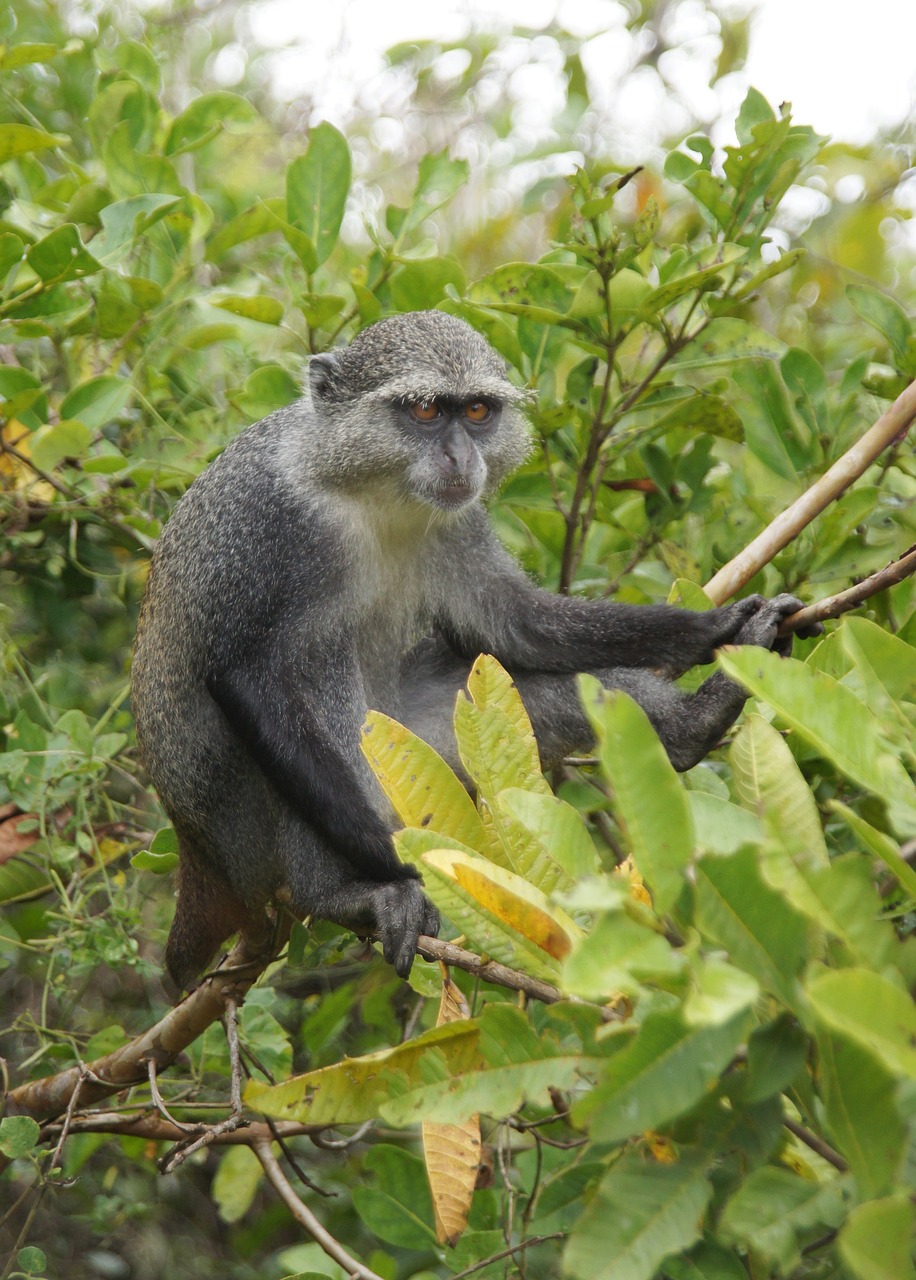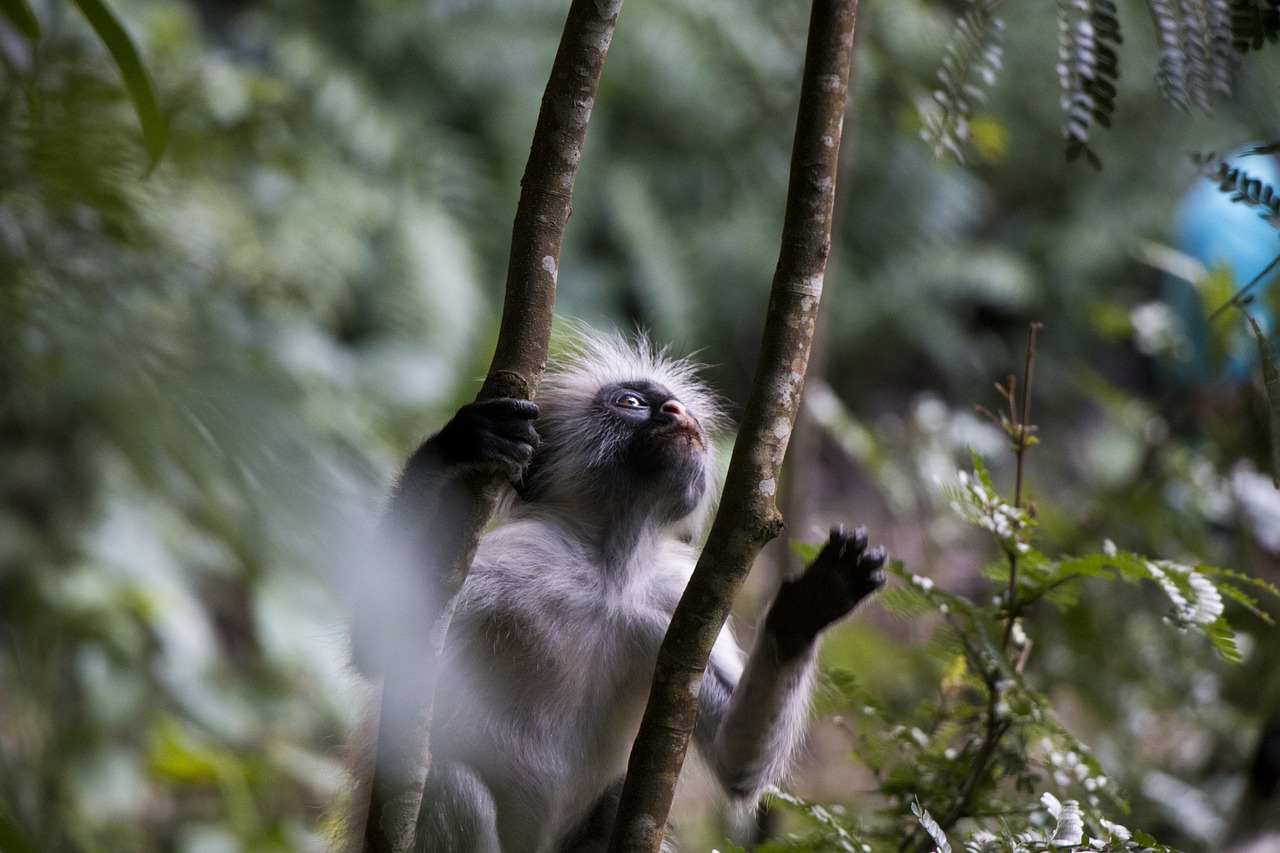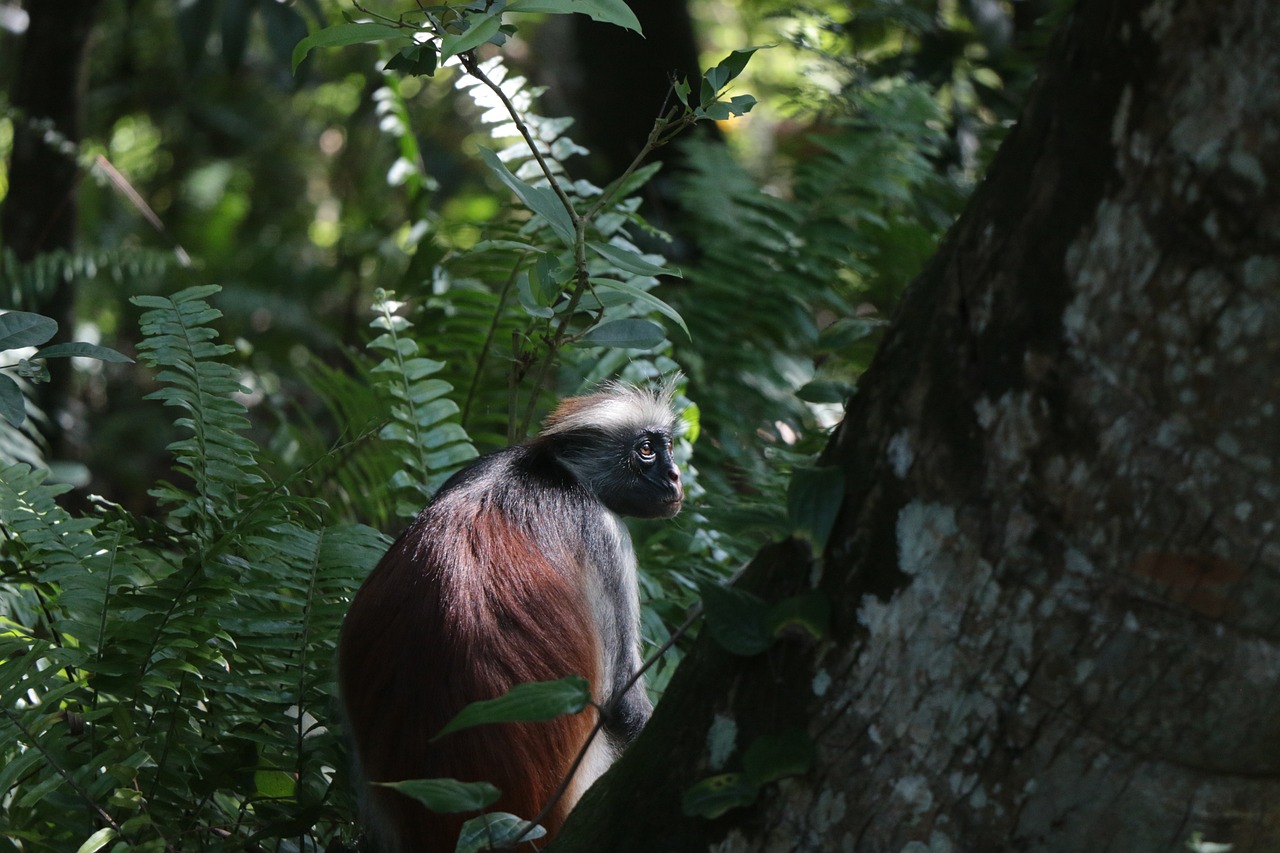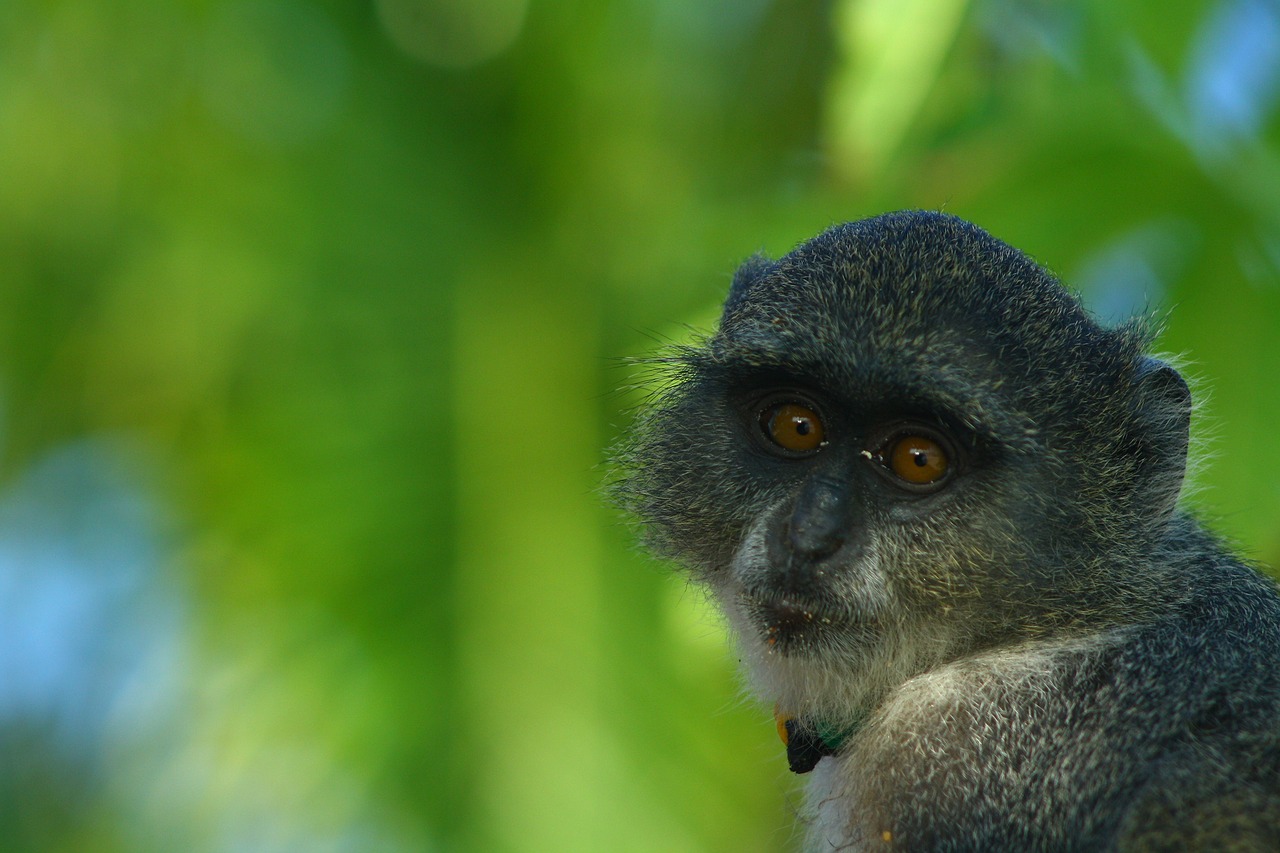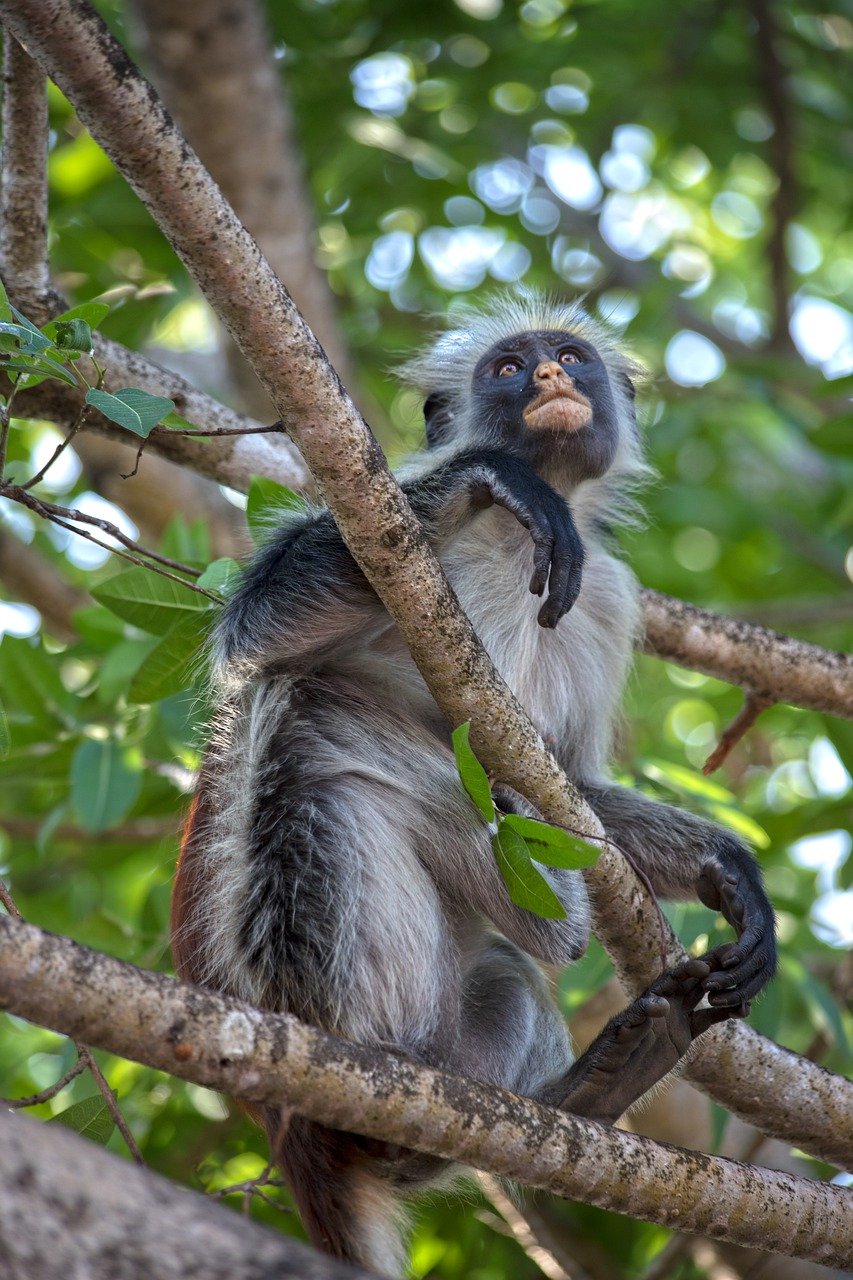Jozani Forest, located in the heart of Zanzibar, is a must-visit destination for nature lovers, adventurers, and wildlife enthusiasts. As the largest remaining area of indigenous forest on the island, it offers a unique and captivating blend of wildlife, lush vegetation, and an immersive experience in one of Africa’s most biodiverse ecosystems.why Jozani Forest should be on their bucket list:
1. Home to the Rare Red Colobus Monkey One of the main attractions of Jozani Forest is the Zanzibar Red Colobus monkey, a rare and endangered species that is endemic to the island. Visitors have a chance to see these playful creatures up close as they leap from tree to tree or curiously observe tourists. These monkeys are friendly and accustomed to humans, making it easy for tourists to capture great photos. Why it's special: The Zanzibar Red Colobus monkey cannot be found anywhere else in the world, making Jozani Forest one of the few places to see these rare primates in their natural habitat. Tourist Tip: Join a guided tour to learn more about the conservation efforts to protect these monkeys.
2. Pristine Mangrove Swamps Jozani Forest includes not just dense woodland but also pristine mangrove swamps, which play a crucial role in Zanzibar’s ecosystem. The elevated boardwalks allow visitors to explore this watery world without disturbing the fragile environment. The mangroves act as a nursery for marine life, and walking through them offers a peaceful, serene experience. Why it’s special: Mangroves are essential for the coastal ecosystem, protecting shorelines from erosion and providing habitats for numerous species of fish and birds. Tourist Tip: Walking along the boardwalk through the mangroves at sunset offers stunning photo opportunities and a magical ambiance.
3. Biodiverse Flora and Fauna The forest is not only a haven for the Red Colobus monkey, but it is also teeming with other wildlife and a variety of plant species. Tourists may encounter bush babies, duikers (small antelopes), over 40 species of birds, butterflies, and even small reptiles. The forest is a living laboratory of plant species, with towering trees like mahogany and palm groves providing shade and beauty. Why it’s special: Jozani Forest is a biodiversity hotspot, offering nature enthusiasts a glimpse of East Africa’s incredible wildlife and plant life. Tourist Tip: Bring binoculars and a camera to spot rare bird species and capture the natural beauty of the forest.
4. Educational and Conservation Focus Jozani Forest is part of the Jozani Chwaka Bay National Park, which is dedicated to conservation and education. Visitors not only enjoy the beauty of nature but also learn about the efforts being made to protect this precious ecosystem. Guides explain the importance of preserving the forest and how tourism supports local conservation projects. Why it’s special: By visiting Jozani Forest, tourists actively contribute to the conservation of endangered species and the protection of one of Zanzibar’s last remaining natural forests. Tourist Tip: Engage with your guide to understand the local conservation projects and how you can support them.
5. Cultural and Historical Connection Jozani Forest also has cultural significance for the local communities. The forest has been protected for centuries by the local people who believe it is home to sacred spirits. Traditional beliefs have helped conserve this natural wonder, and visitors can learn about the deep connection between the forest and the people who live nearby.
Why it’s special: Jozani Forest offers a unique opportunity to explore not just natural beauty, but also the spiritual and cultural traditions that have shaped Zanzibar.
Tourist Tip: Respect local customs and beliefs when visiting the forest and ask your guide about the cultural history of the area.